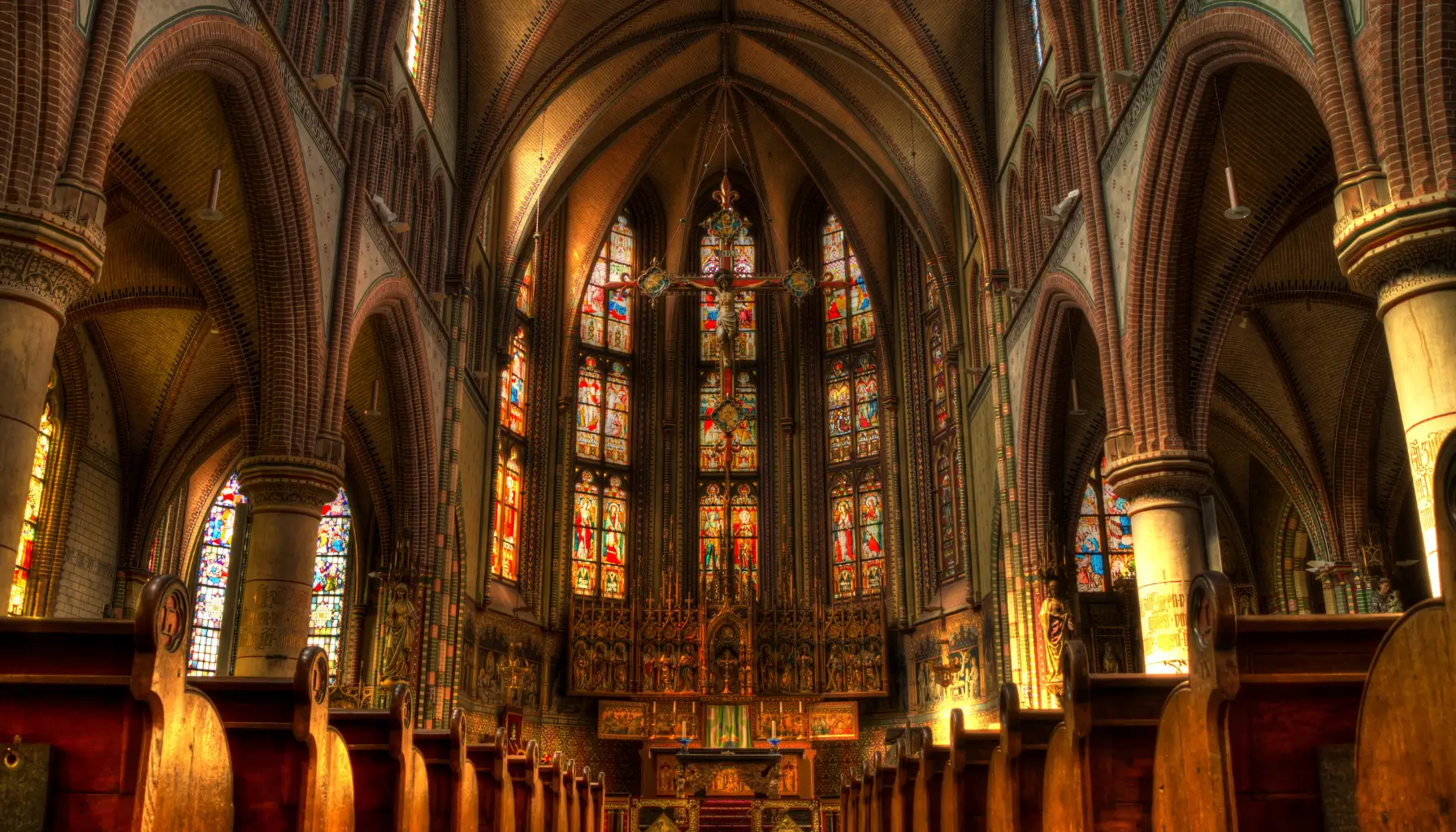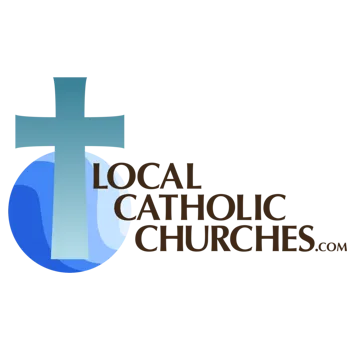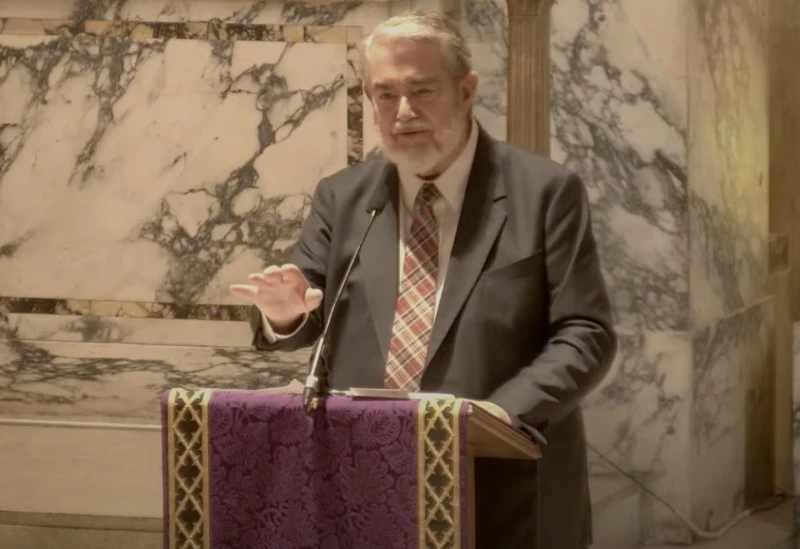The Origins and Circumstances Leading to the Founding
The Catholic Church traces its origins to the first century AD, rooted in the life and teachings of Jesus Christ, who lived in the region of Judea under Roman rule. The term “Catholic” comes from the Greek word “katholikos,” meaning “universal,” and was first used to describe the church in the early second century by Saint Ignatius of Antioch.
The founding of the Catholic Church is often associated with the mission and ministry of Jesus and his apostles. According to Christian belief, Jesus appointed the Apostle Peter as the head of his followers, symbolizing this with the statement, “You are Peter, and on this rock, I will build my church” (Matthew 16:18). This moment is considered pivotal in establishing a structured and hierarchical church.
After Jesus’ crucifixion and resurrection, his followers, led by the apostles, began to spread his teachings. They faced various challenges, including persecution from both Jewish authorities and the Roman Empire. Despite these obstacles, the message of Jesus spread rapidly throughout the Roman Empire, facilitated by the network of roads and the relative peace of the Pax Romana.
Who Founded the Catholic Church?
The question of who founded the Catholic Church is a complex and multifaceted topic that has been the subject of extensive theological and historical debate. According to traditional Catholic teaching, the Catholic Church was founded by Jesus Christ. This belief is rooted in the New Testament, where Jesus’ ministry and teachings form the foundation of Christian faith. Central to this tradition is the idea that Jesus appointed the Apostle Peter as the leader of his followers, with the statement, “You are Peter, and on this rock, I will build my church” (Matthew 16:18). This moment is seen as the establishment of a structured and hierarchical church, with Peter considered the first pope, initiating an unbroken line of papal succession to the present day.
The Catholic Church teaches that it is the one, holy, catholic, and apostolic church founded by Jesus Christ. It asserts that its bishops are the successors of Christ’s apostles and that the pope is the successor to Saint Peter, upon whom primacy was conferred by Jesus Christ. This belief is encapsulated in the Nicene Creed, which outlines the core doctrines of Catholicism, including the belief in one God, the divinity of Jesus, and the resurrection. The Church maintains that it preserves the original Christian faith infallibly through scripture and sacred tradition, authentically interpreted through the magisterium (the Church’s teaching authority).
However, this traditional view is not without its challengers. Some scholars and religious groups argue that the early Christian community was not a single, centralized institution but rather a loose and diverse network of believers. They suggest that the Catholic Church, as a distinct entity, emerged gradually over the first few centuries. According to this perspective, the early Christian communities varied widely in their beliefs and practices, and it was only over time that a more formalized structure and unified doctrine developed.
This gradual development was marked by significant theological debates and the convening of ecumenical councils, such as the Council of Nicaea in 325 AD, which sought to establish orthodox Christian doctrine. These councils addressed various controversies and helped shape the theological foundations of what would become the Catholic Church. Additionally, the legalization of Christianity by Emperor Constantine in 313 AD with the Edict of Milan allowed Christians to worship openly and contributed to the church’s expansion and consolidation of power. By the end of the fourth century, Christianity had become the official religion of the Roman Empire, further solidifying the Catholic Church’s foundational status.
Beliefs, Misunderstandings, and Debates
Several misunderstandings and debates surround the founding of the Catholic Church:
- Peter’s Role and Primacy: The Catholic Church holds that Peter was the first pope and that his successors, the bishops of Rome, inherited his authority. However, some Christian denominations, particularly Eastern Orthodox and Protestant churches, do not accept the idea of papal primacy. They argue that while Peter was a prominent apostle, the early church was collegial rather than hierarchical.
- Development of Doctrine: The development of key doctrines, such as the Trinity and the nature of Christ, occurred over several centuries. Early Christians held various beliefs, leading to numerous theological debates and the convening of ecumenical councils, such as the Council of Nicaea in 325 AD, which sought to establish orthodox Christian doctrine.
- The Great Schism: The split between the Western (Roman Catholic) and Eastern (Orthodox) churches in 1054 AD was a significant event in church history. It was rooted in theological, political, and cultural differences that had been growing for centuries. The schism highlights the complex nature of the church’s development and the varying interpretations of its origins.
The Early Following and Growth
The early Christian community was diverse, comprising Jews and Gentiles from various backgrounds. The message of Jesus appealed to many due to its emphasis on love, forgiveness, and eternal life. Despite facing persecution, the church grew steadily.
Key figures such as Peter, Paul, and other apostles played crucial roles in spreading Christianity. Paul, in particular, undertook several missionary journeys, establishing Christian communities throughout the Roman Empire. His epistles to these communities form a significant part of the New Testament and provide insight into the early church’s beliefs and challenges.
The legalization of Christianity by Emperor Constantine in 313 AD with the Edict of Milan was a turning point. It allowed Christians to worship openly and contributed to the church’s expansion and consolidation of power. By the end of the fourth century, Christianity had become the official religion of the Roman Empire, further solidifying the Catholic Church’s foundational status.
Conclusion
The founding of the Catholic Church is a multifaceted historical and theological topic. Rooted in the ministry of Jesus Christ and the leadership of the apostles, particularly Peter, the church evolved over several centuries. Despite debates and differing interpretations, the Catholic Church’s early growth and eventual establishment as a major institution in the Roman Empire underscore its significant role in the history of Christianity.






